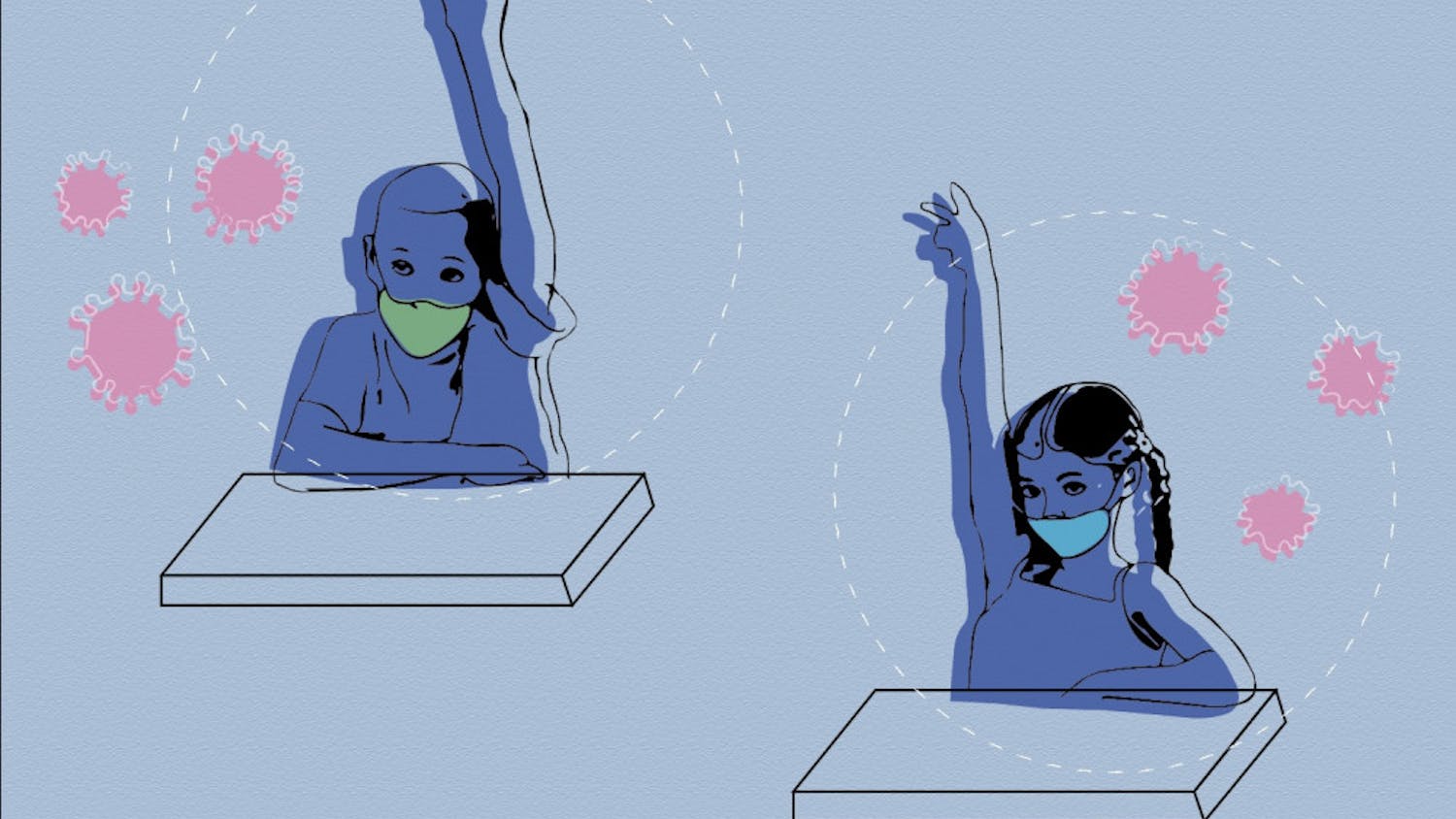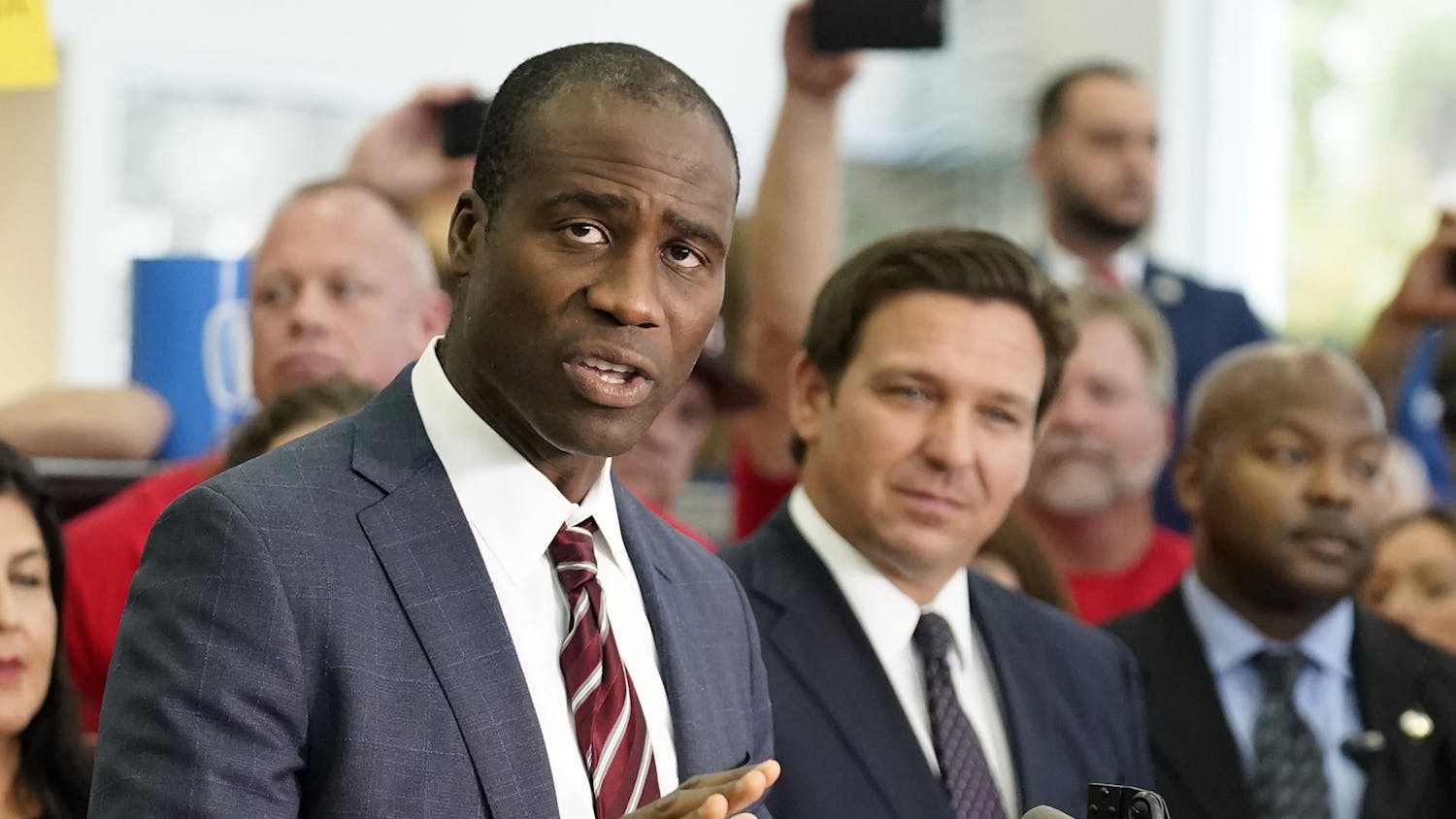In mid-March, the early stages of the COVID-19 pandemic, I was contracted by the Florida Department of Health (FDOH) to begin working as an epidemiologist and contact tracer for one of the county health departments. I was excited for this opportunity to utilize the knowledge and skills that I had accumulated throughout my studies in public health and epidemiology to help others.
The beginning of the pandemic was a challenge as the other contact tracers and I worked to adapt to rapid changes in guidelines and protocols brought about by newfound knowledge of this novel virus. It was also a unique time in that the concepts of widespread lockdowns, quarantine, contact tracing and even COVID-19 itself, were new to many folks in the community.
Following my temporary deployment at the health department, I returned to UF and joined the newly developed UF Health Screen, Test, & Protect program. Since then, the program has grown immensely and the team has acquired some of the most diligent and compassionate individuals from both within and outside of the university.
Most of our team works in one or two large rooms within the UF Emerging Pathogens Institute. We each have our own desks, usually equipped with two monitors and a FDOH laptop, that are spaced at least six feet apart to adhere to social distancing guidelines. The area is reminiscent of a call center in that we wear headsets, are on the phones the majority of the day and are connected through a main phone system to easily track incoming calls and transfer calls between one another when needed.
New cases of COVID-19 are reported to us every day. After receiving these cases, we reach out to them as soon as possible to conduct a thorough interview – taking anywhere from 30 minutes to one hour per case.
At the beginning, many folks were skeptical and not necessarily eager to divulge important personal information, such as date of birth and address (these are usually the first questions we ask to ensure we are talking to the correct person and that the person lives in the county we are working for). During the interview, we attempt to identify any close contacts that the case may have had during the time in which they were potentially infectious.
The next step is to reach out to every single contact to alert them of this potential exposure. Our other responsibilities include answering phone calls from community members and providing public health education on how to prevent spread to others, inputting interview data to the FDOH surveillance system (which is ultimately sent to the CDC) and calling to release cases and contacts from isolation and quarantine, respectively.
Personally, I find the investigative aspect of case interviews to be fascinating and the opportunity to work with and help our community members extremely rewarding.
At the end of the day, I think that, apart from the necessary knowledge, the most important quality of a successful contact tracer is empathy. We work in this field every day, and it can be easy to forget that other people in the community may not have the same knowledge or experience with this pandemic as we do. Therefore, it is important to build trust, not only to acquire information, but also to ensure that members of the community feel acknowledged and supported during this time.
First-hand experience working as an epidemiologist and contact tracer during this pandemic has provided me with a unique perspective in that, while I fully appreciate and adhere to guidelines, I am also able to acknowledge and address the hesitancy and skepticism of others. Working at UF Health Screen, Test, & Protect is a constant reminder of the importance of these guidelines.
Prior to the pandemic, I had plans for international travel and family vacations over the holidays. Instead, I had a small dinner with only my immediate family for Thanksgiving and will do the same for Christmas. Although this may seem disappointing, I am thankful for their health and remind myself of the potential implications of large gatherings and travel.
While it is not always easy to make decisions for the collective benefit of others as opposed to personal interests, I believe it is essential in order to prevent further spread, especially to high risk populations such as those over 65, during the approaching holiday season.
Emily Klann has her master’s in public health and is a third-year doctoral student in the Department of Epidemiology. She is currently working part-time as an epidemiologist for the UF Screen, Test & Protect program.






